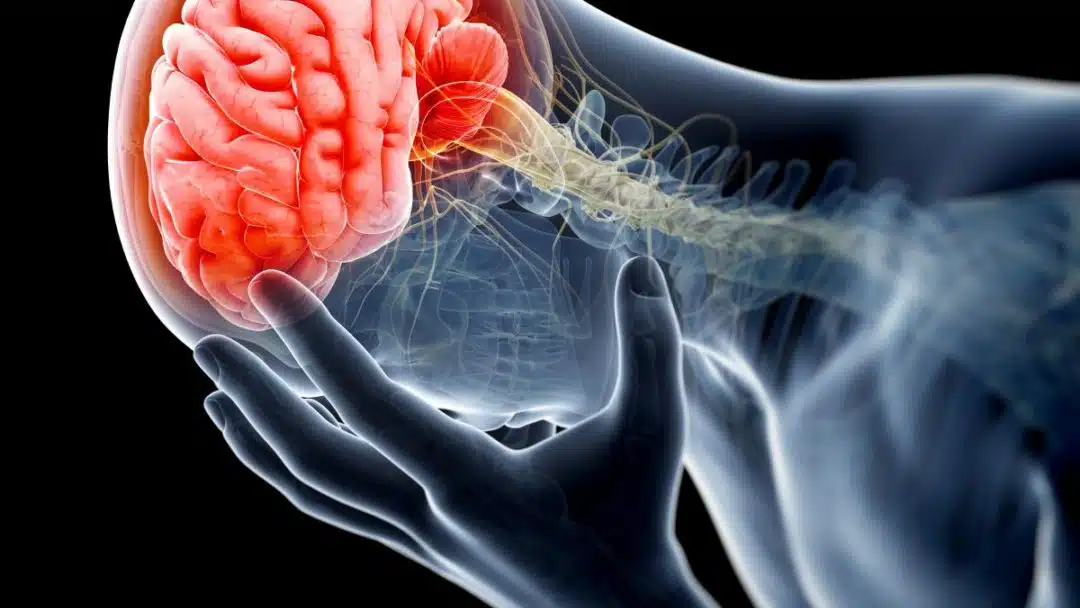Car accidents can have life-altering consequences, and one of the most severe outcomes is a traumatic brain injury (TBI). While immediate symptoms may be apparent, the long-term consequences of a TBI can extend far beyond the initial recovery period. In this blog post, we will delve into the lasting effects of traumatic brain injuries, shedding light on the challenges individuals may face in the weeks, months, and even years following a car accident.
Immediate and Short-Term Effects:
Before delving into the long-term consequences, it’s crucial to recognize the immediate and short-term effects of traumatic brain injuries. These can include loss of consciousness, memory problems, confusion, headaches, and cognitive difficulties. In severe cases, individuals may experience changes in personality, mood swings, and impaired motor function.
Cognitive Decline and Memory Issues:
Long-term consequences often manifest as cognitive decline and persistent memory issues. Individuals who have suffered a traumatic brain injury may find it challenging to concentrate, process information, or retain new memories. Cognitive decline can significantly impact one’s ability to perform daily tasks, maintain employment, or pursue educational opportunities.
Emotional and Behavioral Changes:
Traumatic brain injuries can also lead to emotional and behavioral changes that persist over time. Individuals may experience mood swings, increased irritability, and difficulty regulating emotions. Depression and anxiety are common consequences, affecting not only the individual but also their relationships with family, friends, and colleagues.
Chronic Headaches and Sensory Issues:
Many individuals who have sustained a traumatic brain injury report chronic headaches as a long-term consequence. Sensory issues, such as sensitivity to light and sound, can also persist, further complicating daily life. These symptoms may contribute to a decreased quality of life and ongoing challenges in various aspects of personal and professional functioning.
Increased Risk of Neurodegenerative Conditions:
Research suggests a correlation between traumatic brain injuries and an increased risk of neurodegenerative conditions, such as Alzheimer’s and Parkinson’s disease. While not every TBI leads to these conditions, the risk underscores the importance of ongoing medical monitoring and care for individuals who have experienced a traumatic brain injury.
Impact on Employment and Quality of Life:
The long-term consequences of traumatic brain injuries can significantly impact an individual’s ability to work and maintain a certain quality of life. Employment opportunities may be limited, and the need for ongoing medical care and support can place a strain on financial resources and relationships.
Traumatic brain injuries following a car accident extend far beyond the immediate aftermath. The long-term consequences can affect cognitive function, emotional well-being, and overall quality of life. It is crucial for individuals who have experienced a traumatic brain injury to seek comprehensive medical care, ongoing support, and legal guidance to ensure they receive the compensation needed to address the lasting impact of these injuries. Understanding the challenges posed by long-term consequences is the first step toward building a path to recovery and a better future.







